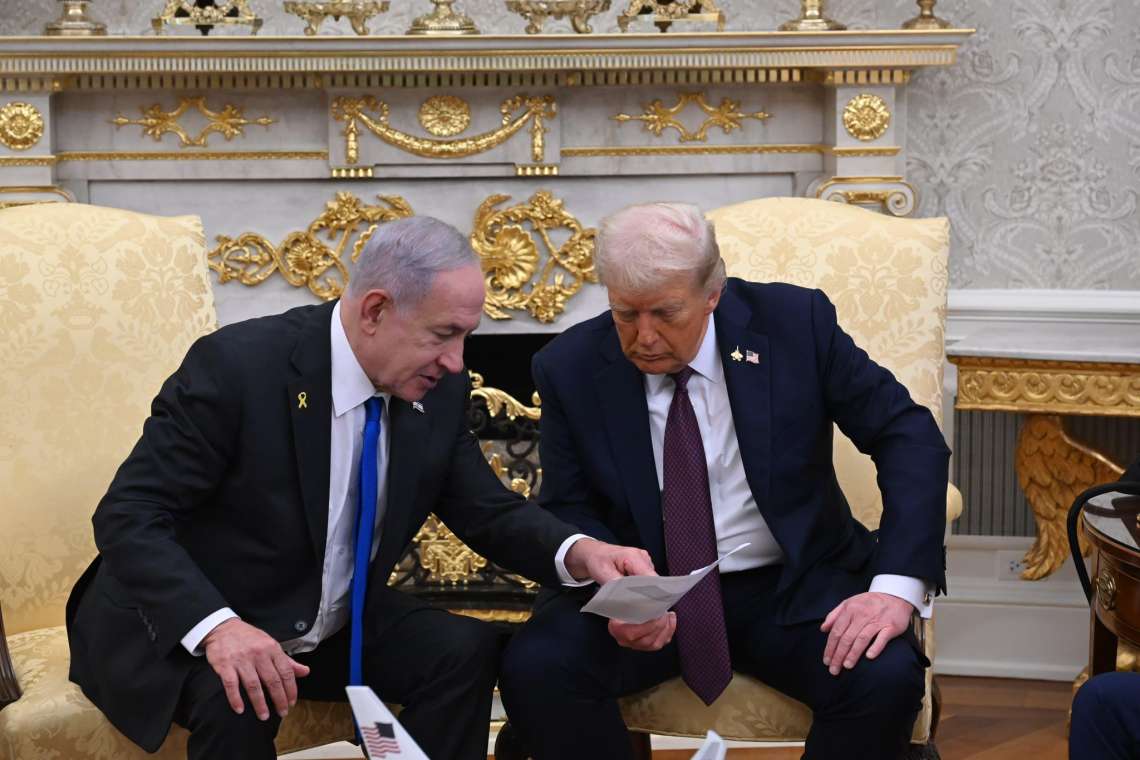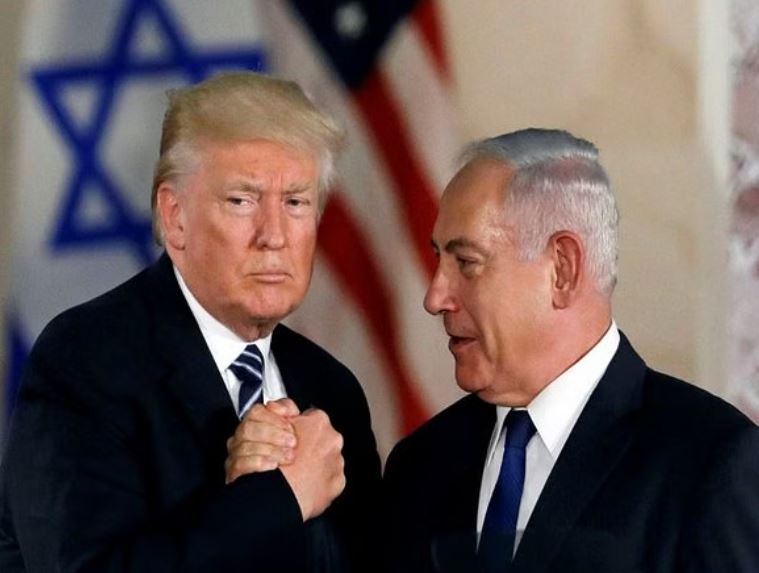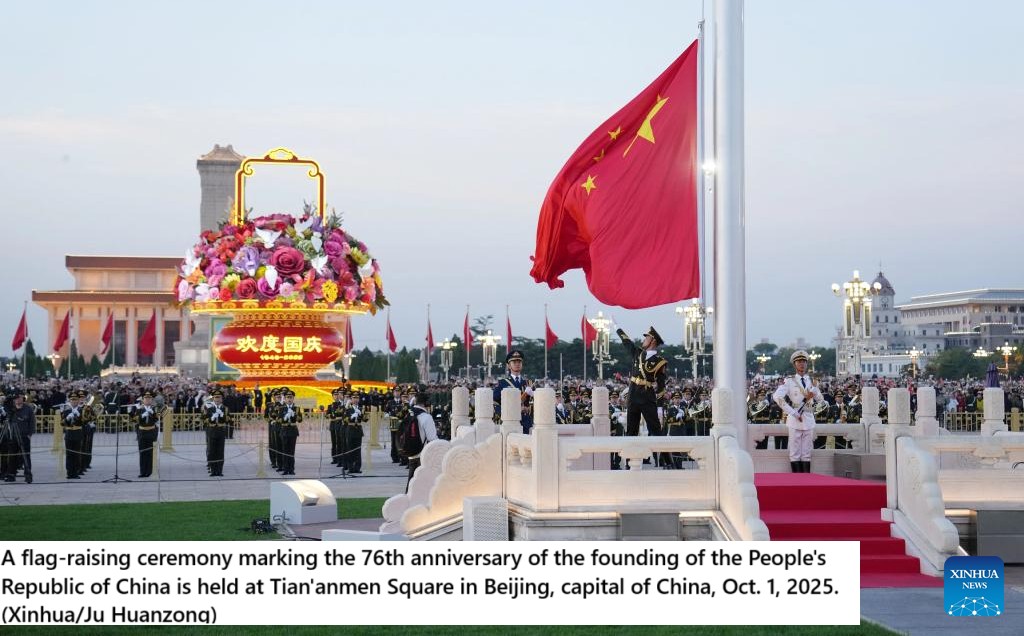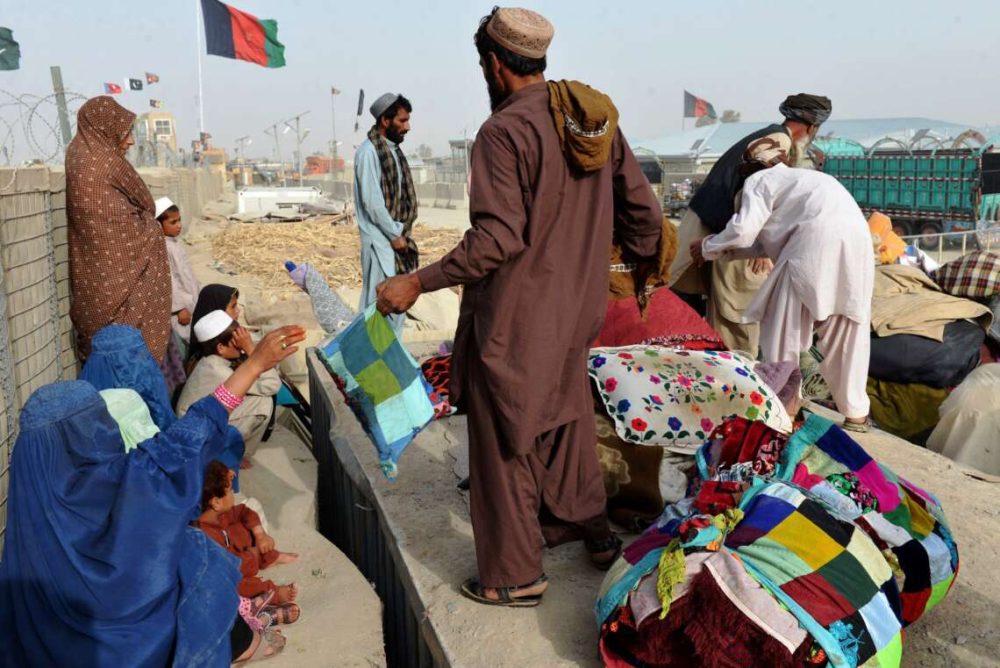Trump unveils 20-point Gaza peace plan with Netanyahu’s backing, offering hostages’ release, technocratic rule, and global oversight, as Hamas faces pressure to accept or risk further war.
US President Donald Trump has formally announced a sweeping 20-point peace plan aimed at bringing an end to the devastating Israel-Hamas war in Gaza. The plan, revealed at the White House on Monday during Trump’s meeting with Israeli Prime Minister Benjamin Netanyahu, marks one of the most ambitious proposals yet to resolve the conflict.
Trump declared that if Hamas accepts the agreement, the release of hostages and a cessation of hostilities could happen almost immediately. “Now it’s time for Hamas to accept the terms of the plan that we’ve put forward today. I’m hearing Hamas wants to get this done,” he said, emphasising the urgency of his proposal.
The plan also came with a warning: should Hamas reject the deal, Trump pledged full backing for Israel to continue military operations against the group. Netanyahu echoed this sentiment, saying the initiative aligned with Israel’s war aims but adding that Israel was ready to “finish the job” if necessary.
Key Features of the Peace Plan
The proposal outlines a temporary technocratic government for Gaza, supported by an international transitional body called the “Board of Peace.” Trump himself would chair the board, with members including former UK Prime Minister Tony Blair. The body would oversee redevelopment and funding until the Palestinian Authority is ready to resume control after implementing reforms.
Israel, under the plan, would commit not to annex Gaza or forcibly remove its residents. Captives, both alive and deceased, would be returned within 72 hours of acceptance. Hamas members agreeing to peace would receive amnesty, while others would be offered safe passage abroad.
Security arrangements would see a mix of regional and international forces deployed in Gaza to maintain order and train Palestinian police. Aid distribution would also be regulated, with the US facilitating broader Israeli-Palestinian dialogue to establish conditions for long-term coexistence.
International Response
Ahead of Trump’s announcement, Riyad Mansour, head of the Palestine Mission to the UN, signalled openness to engaging with the US and international actors. Addressing the Security Council, he reiterated the Palestinian Authority’s readiness to collaborate with Washington, Saudi Arabia, European partners and the broader global community to achieve peace.
Context of the Conflict
The war erupted nearly two years ago when Hamas launched its attack on Israel on October 7, 2023, killing 1,200 people and abducting 251 hostages. Since then, about 48 hostages remain in captivity, with roughly 20 thought to be alive. The toll in Gaza has been catastrophic: more than 66,000 Palestinians have been killed, while vast areas of the Strip lie in ruins.
Mounting international pressure on Israel to halt its campaign has coincided with growing calls for a lasting settlement. Trump’s plan attempts to strike a balance between Israel’s security objectives, Palestinian governance, and international involvement. Whether it succeeds, however, depends on Hamas’s response and the willingness of all sides to compromise.











